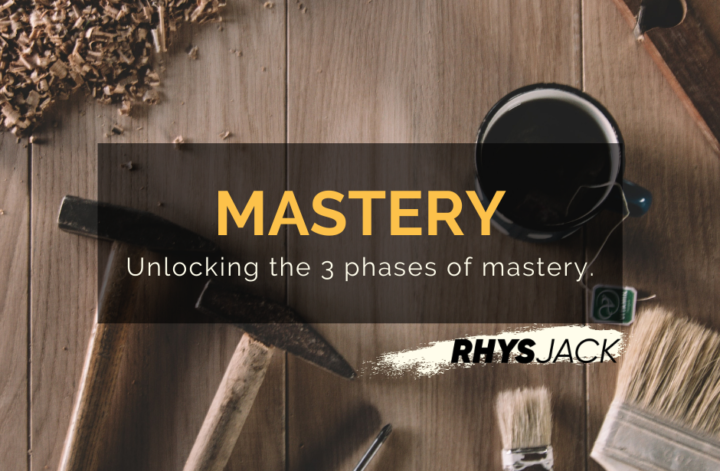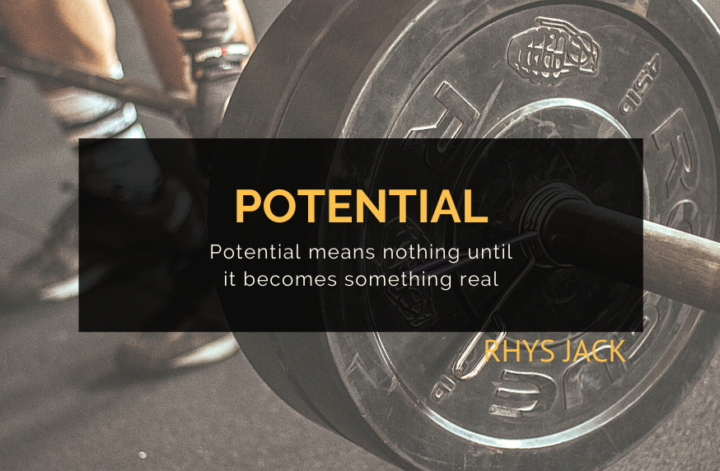My Grandfather passed away last month.
He was 89 years old and he had been unwell for a number of years. For the last week of his life, he was surrounded by his family— his children, grandchildren and great-grandchildren, as we all said our goodbyes to a man who had left a lasting impression on all of us.
At his funeral service the next week I was asked to speak about some of my fondest memories of him. A short reflection on who he was to me in only a few minutes was a daunting task. Preparing for and delivering a eulogy like this was one of the toughest experiences I’ve had.
When I sat down to write the speech, there were a number of moments that surfaced in my mind about the type of person he was. But it was one moment in particular which I felt encapsulated him best.
I was around twelve years old when It occurred. I had just finished playing a game of Rugby League near my Grandparents house and my Grandfather had come out to watch me play. It was a horrible, stormy day, pouring with rain for most of the morning and leaving me saturated by the end of play.
After the game, we went back to my Grandparents house where I went inside to dry myself off — Leaving my saturated, muddy boots by the front door.
Later that afternoon I returned to find my boots weren’t where I had left them. I searched around the doorstep and the front yard and then, I found them. My boots were now completely clean, polished and sitting out in the afternoon sun drying off.
My Grandfather had done this for me, without saying a word.
Putting his eulogy together I realised that it was moments like these, genuine acts of service, that had left the biggest mark on me.
Standing at his funeral I found out it was acts like these that were his legacy not only to me but to many others.
There were people there who had travelled from around the small town where he had spent the majority of his life. He had spent many years delivering bread to the neighbourhood and had coached and been involved with a number of sporting teams over the course of his life. The people who turned up to pay their respects all had fond memories him in these roles.
His legacy wasn’t about how much money or wealth he amassed, or how many awards or accomplishments he received. In the end, it came down to the impact he had on the hearts of the people he interacted with every single day.
I realised that It was those small acts done well — and without expectation of reward or recognition — which find a place in people’s hearts that are the most important. That’s a legacy.
As I prepared myself on the morning of my Grandfathers funeral, I spent some time polishing and shining my own shoes, thinking of him and of those traits he passed on to the people he had impacted most in his life.
I realised you don’t have to impact millions of people or even thousands of people with your work or your life — while it’s great if you can do this, what matters if you want to leave a positive legacy is that you use your work and your life to help someone, anyone, in their own life.
It’s never too late to take the first step and start making those acts a reality.
What Legacy Will You Leave?
I recently read a story about a very wealthy businessman who was shocked one morning to read his obituary had been printed incorrectly in the local newspaper.
The man had spent the majority of his life inventing products that were then utilised in war. He had been handsomely rewarded for these inventions and had amassed a great fortune over the course of his life. His obituary on that morning had condemned him for his work though. It read, “The merchant of death is dead”.
In response to this, before his death, the man set aside in his will that the great majority of his fortune would be put toward the establishment of five awards which were to be given out annually and without distinction of nationality.
That man’s name was Alfred Nobel — the inventor of dynamite, and the creator of the Nobel prize.
He had created a legacy to reward those who benefited the world in a positive way, and which continues to reward them long after his life ended.
Leaving a great legacy isn’t necessarily about what you’ve amassed in physical assets, wealth or accomplishments. These are just yardsticks. It’s about how you can use what you have to improve what you see happening around you, and then help those people who will carry that work on into the future.
What small steps can you take today to build your legacy?



